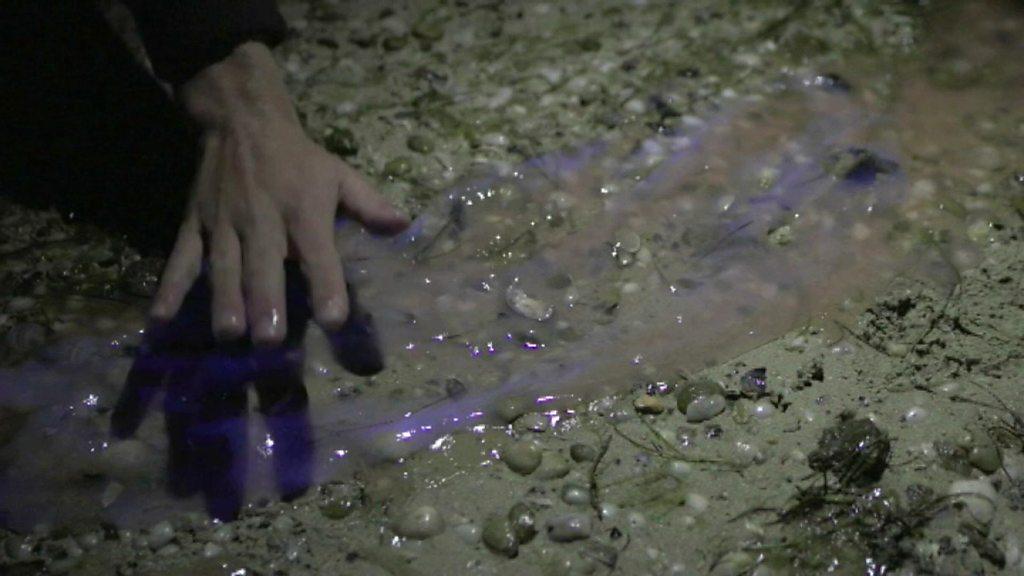Researchers bring prehistoric algae back to life
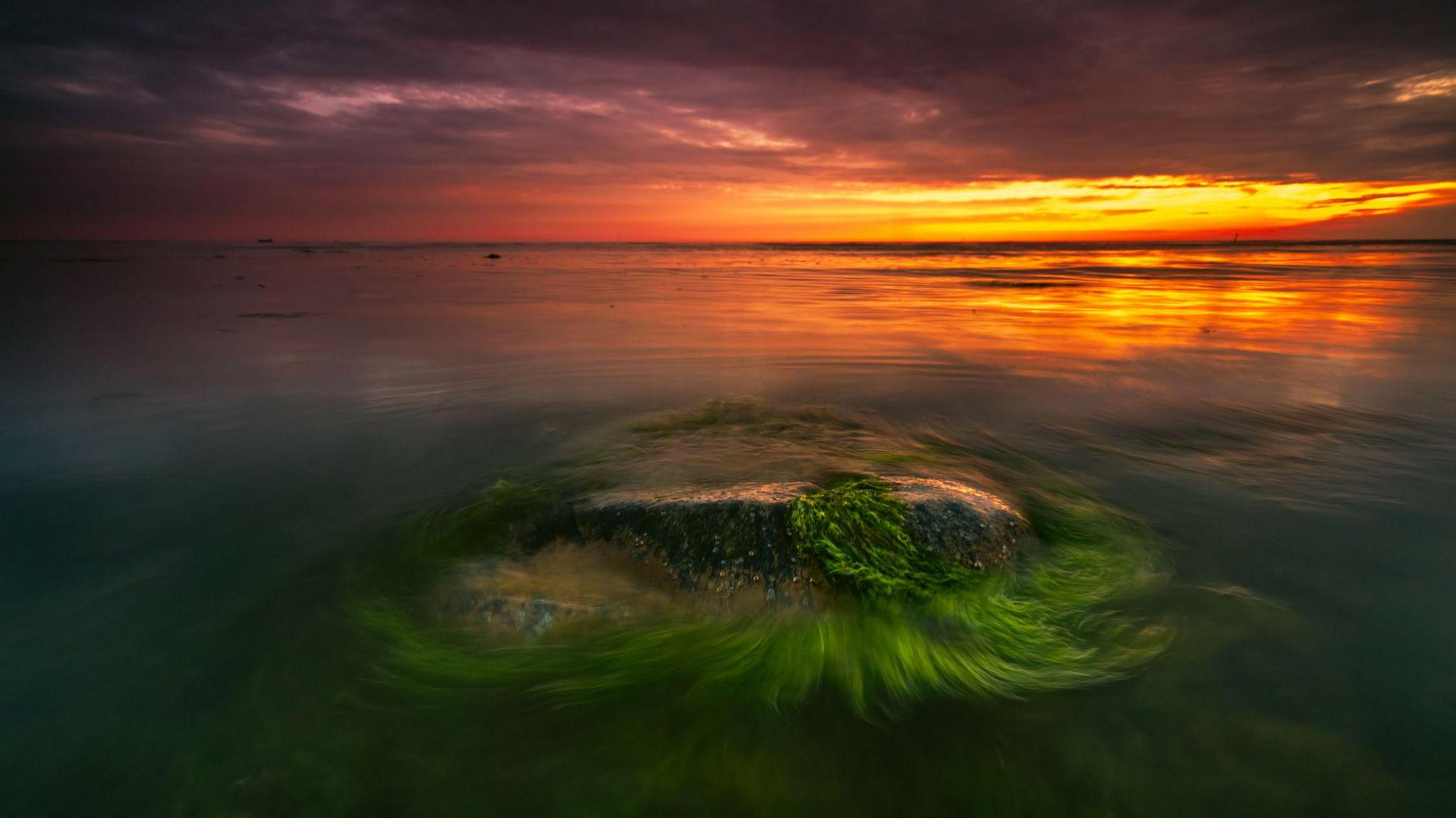
The algae - known as Skeletonema marinoi - sank to the bottom of the Baltic Sea almost 7,000 years ago
- Published
A German research team has revived a type of algae that has lay in Baltic Sea mud without light and oxygen for thousands of years.
The algae - known as Skeletonema marinoi - sank to the bottom of the Baltic Sea almost 7,000 years ago.
Since then it lay dormant - meaning it has been in a kind of 'sleep mode'.
However, in the lab with the correct light and nutrients, researchers have brought it 'back to life', and the algae has begun to grow once again.
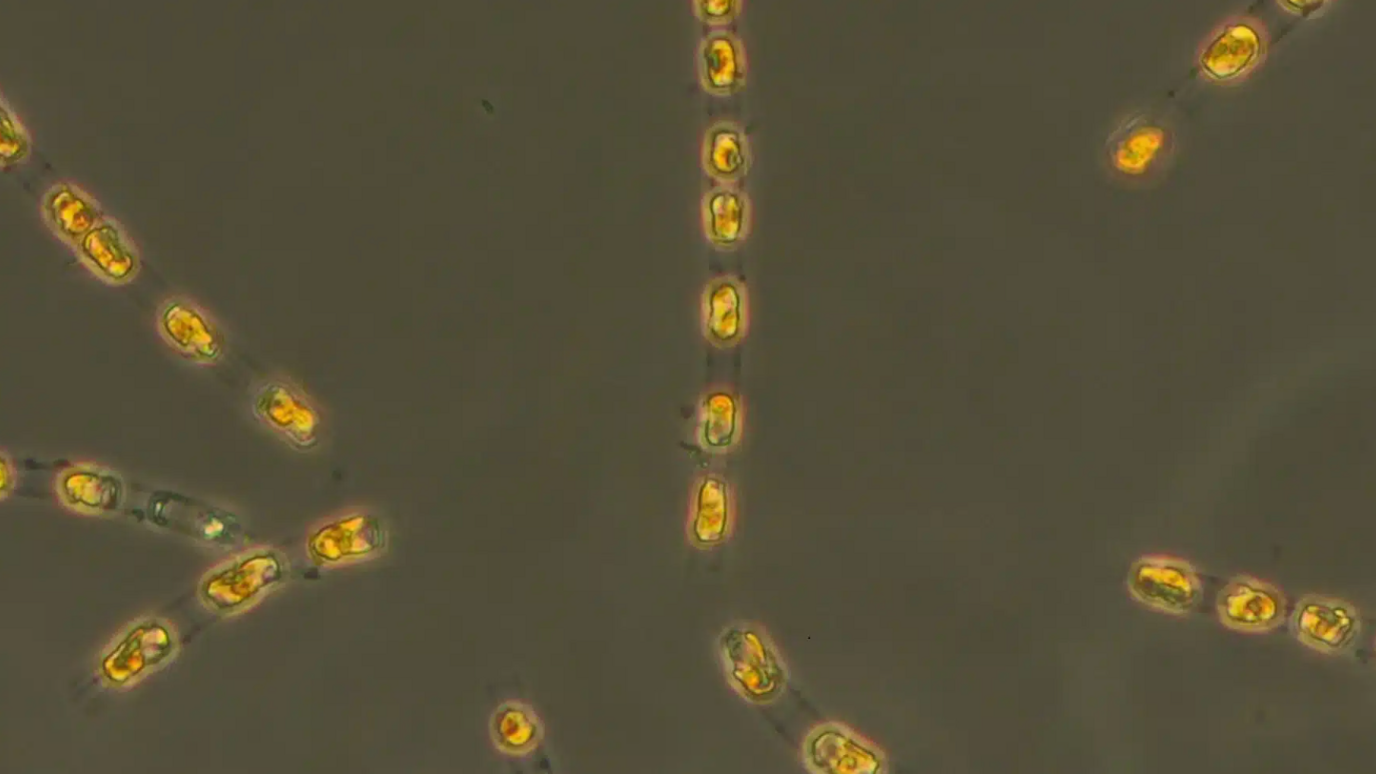
Strains of the prehistoric algae
Researchers from the Leibniz Institute for Baltic Sea Research made the discovery.
They say it is particularly exciting for scientists as it has pushed the limits of what they believed was possible.
According to the team, the revived algae now ranks amongst the oldest living organisms ever brought back to life.
Lead author of the study Sarah Bolius described the find as "a time capsule" which contained valuable information about past ecosystems, as well as information about what changing conditions may mean for the future of them.
More algae stories:
- Published18 May 2022
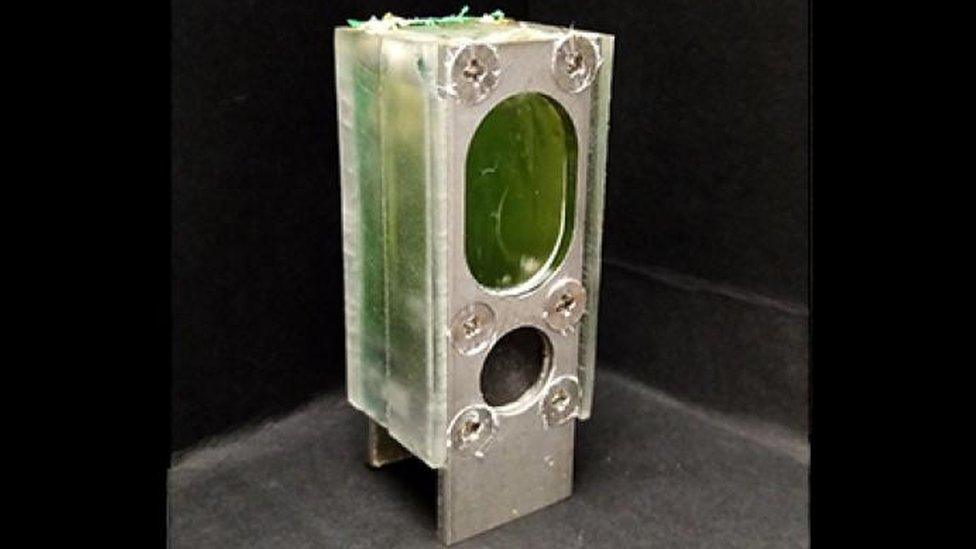
- Published19 August 2022
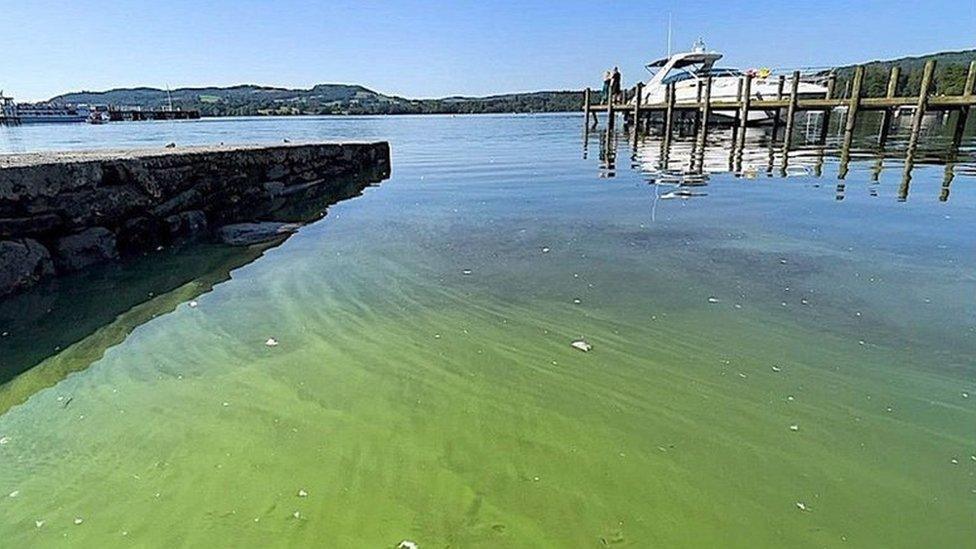
- Published21 June 2017
